If current dairy market returns continue, average milk prices could struggle to stay above 30c/l, Dairygold chief Jim Woulfe has warned.
Returns from the market are currently 8c/l behind the milk price, he told the Positive Farmers Conference on Wednesday.
Woulfe said increased global supply in the last quarter of 2017 reversed supply trends from earlier in the year and he said that this was putting pressure on prices.
“As things stand at the moment, prices for our product mix are back about 8c/l on what they were 12 weeks ago. If that continues we will struggle to have an average milk price with a three in front of it for 2018.
“Large intervention stocks of skim milk powder, which are costing the European Commission around €0.5m per week to store, are being used by buyers as a stick to beat sellers with.
“The other thing is butter prices have almost halved. The record prices achieved last year have fallen sharply and seem to have stabilised.”
Woulfe also announced that a new fixed milk price scheme will be revealed later this month.
He said that the scheme will run for three years but gave no indication on the fixed price at the Positive Farmers Conference.
He said the average price paid to Dairygold suppliers in 2017 was 37c/l, which is about 2c/l above the Dairygold base price based on higher than base fat and protein percentages.
Average milk price over the last nine years was 32.7c/l including solids, he said.
Sustainable
The co-op CEO said all Dairygold suppliers are Sustainable Dairy Assurance Scheme (SDAS) approved, but that sustainability is constantly being questioned by milk buyers.
“They are asking how much carbon our farmers are producing now and what will it be in the years to come,” Woulfe said.
Environmental sustainability was also brought up by Pat Dillon, the Head of the Animal and Grassland Research and Innovation programme at Teagasc.
He said water quality and greenhouse gas emissions are going to be big issues in the years ahead.
“Our work in Moorepark shows that stocking rate and milk solids output can increase without impacting negatively on groundwater quality, but farming practices have to change to prevent run off.
“On the emissions side, it’s going to be a challenge. We have signed up the Paris Agreement and we will be paying fines from 2020 onwards.” Dillon said.
Read more
New dairy entrants driving milk supply
Rabobank warns of 'rising tide of milk'
If current dairy market returns continue, average milk prices could struggle to stay above 30c/l, Dairygold chief Jim Woulfe has warned.
Returns from the market are currently 8c/l behind the milk price, he told the Positive Farmers Conference on Wednesday.
Woulfe said increased global supply in the last quarter of 2017 reversed supply trends from earlier in the year and he said that this was putting pressure on prices.
“As things stand at the moment, prices for our product mix are back about 8c/l on what they were 12 weeks ago. If that continues we will struggle to have an average milk price with a three in front of it for 2018.
“Large intervention stocks of skim milk powder, which are costing the European Commission around €0.5m per week to store, are being used by buyers as a stick to beat sellers with.
“The other thing is butter prices have almost halved. The record prices achieved last year have fallen sharply and seem to have stabilised.”
Woulfe also announced that a new fixed milk price scheme will be revealed later this month.
He said that the scheme will run for three years but gave no indication on the fixed price at the Positive Farmers Conference.
He said the average price paid to Dairygold suppliers in 2017 was 37c/l, which is about 2c/l above the Dairygold base price based on higher than base fat and protein percentages.
Average milk price over the last nine years was 32.7c/l including solids, he said.
Sustainable
The co-op CEO said all Dairygold suppliers are Sustainable Dairy Assurance Scheme (SDAS) approved, but that sustainability is constantly being questioned by milk buyers.
“They are asking how much carbon our farmers are producing now and what will it be in the years to come,” Woulfe said.
Environmental sustainability was also brought up by Pat Dillon, the Head of the Animal and Grassland Research and Innovation programme at Teagasc.
He said water quality and greenhouse gas emissions are going to be big issues in the years ahead.
“Our work in Moorepark shows that stocking rate and milk solids output can increase without impacting negatively on groundwater quality, but farming practices have to change to prevent run off.
“On the emissions side, it’s going to be a challenge. We have signed up the Paris Agreement and we will be paying fines from 2020 onwards.” Dillon said.
Read more
New dairy entrants driving milk supply
Rabobank warns of 'rising tide of milk'




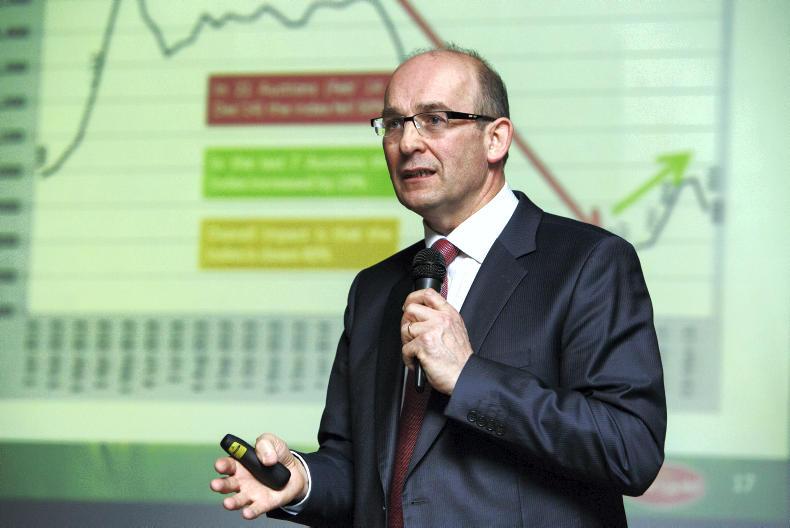
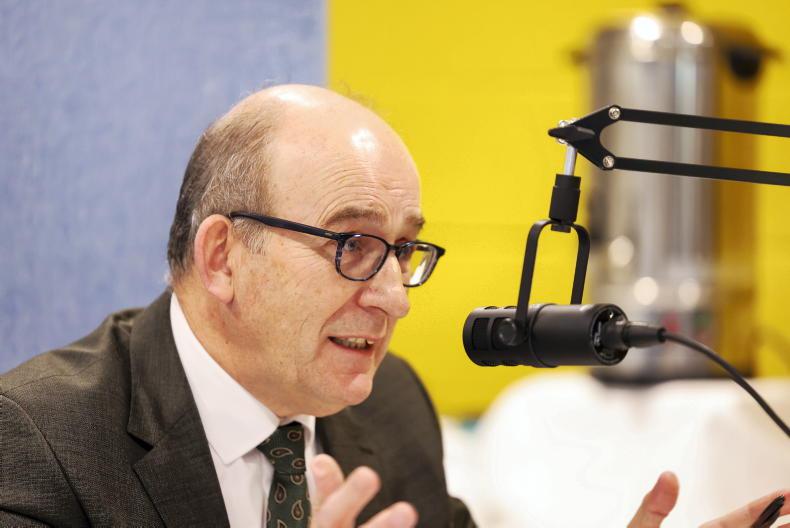
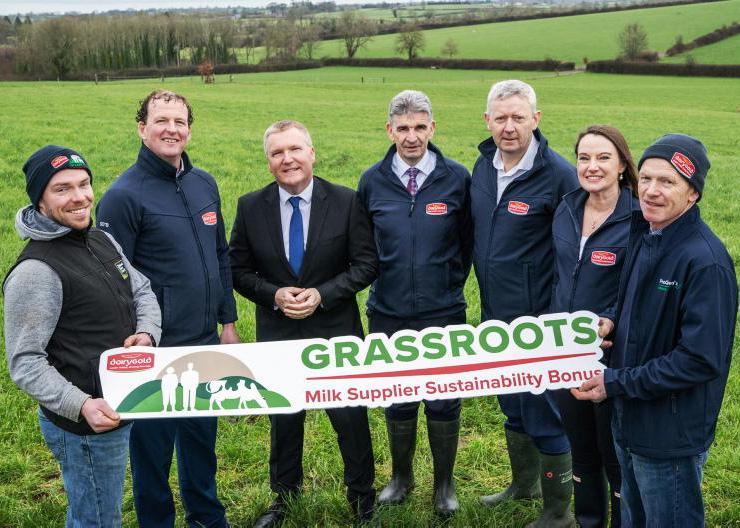
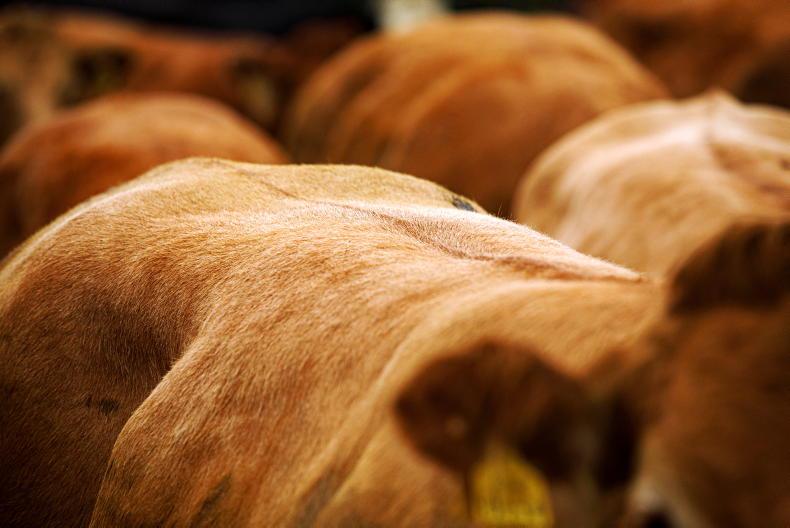
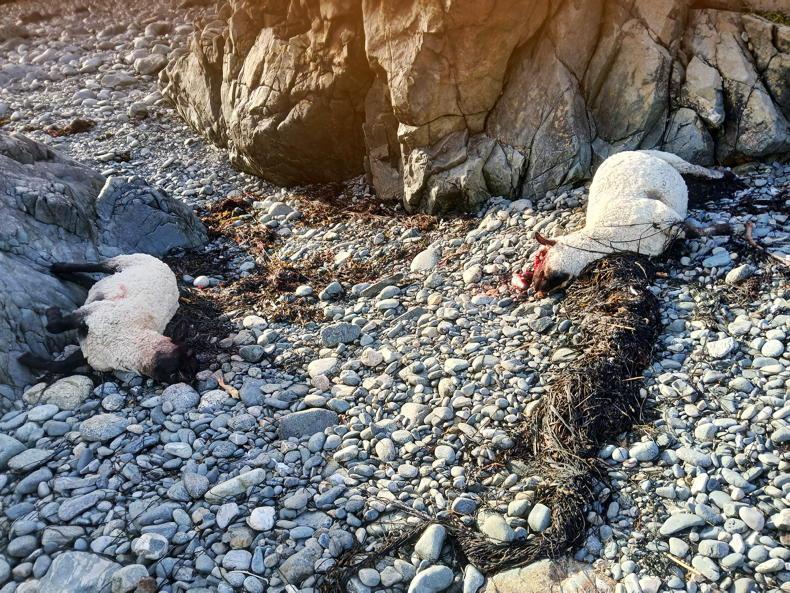
SHARING OPTIONS